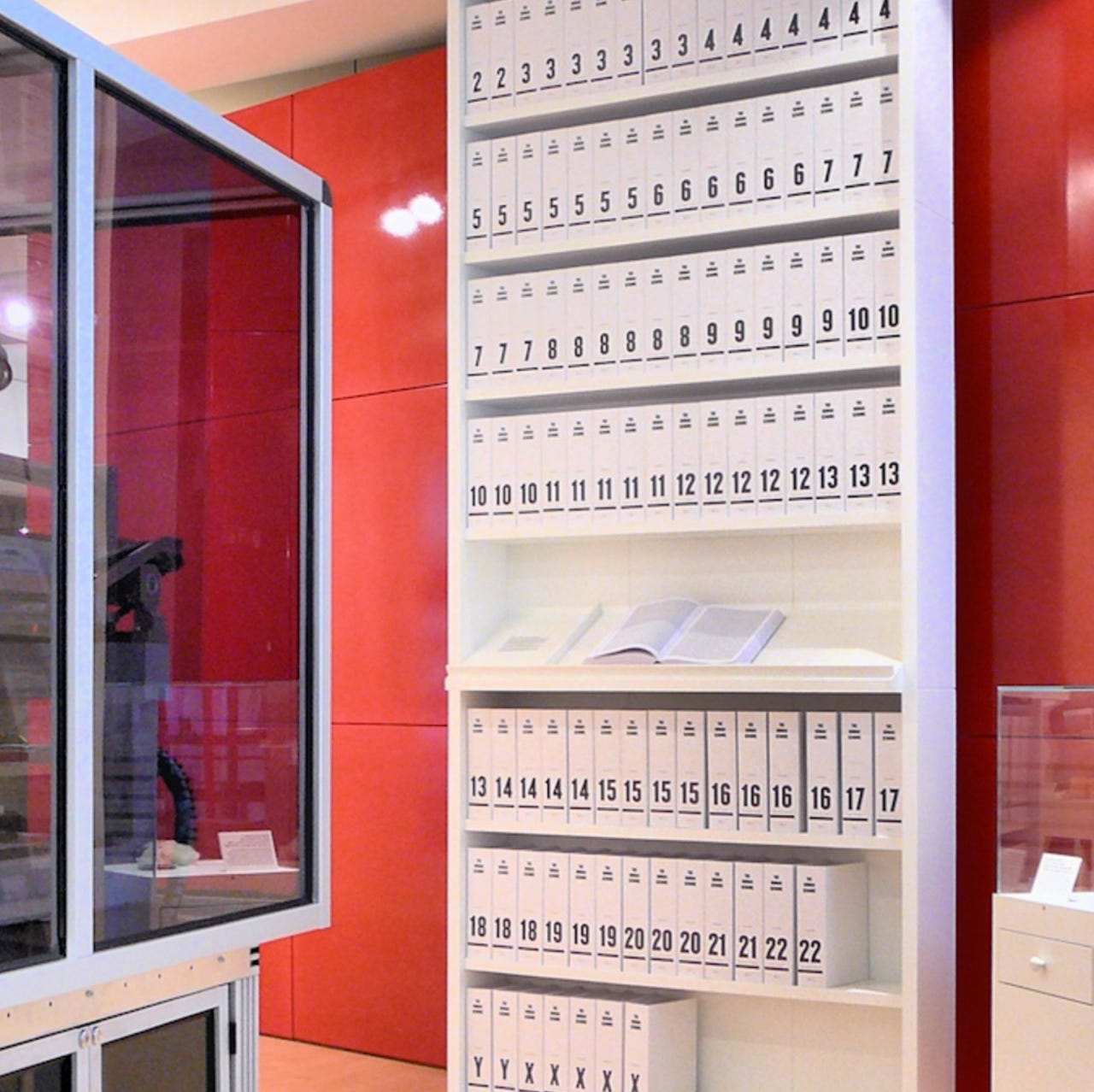Google, Stanford team up in genome research push


The first printout of the human genome to be presented as a series of books. The 3.4 billion units of DNA code are transcribed into more than a hundred volumes.
Google and Standford Medicine have joined forces to advance DNA sequencing technology in the hopes of slashing the time needed to sequence patient genomes.
On Monday, Google announced the partnership, revealing that the tech giant's Cloud platform team and Stanford want to help clinicians securely store and process vast genomic datasets in order to "transform patient care and medical research."
Sam Schillace, VP of Engineering at Google Industry Solutions said the agreement will bring together the new Clinical Genomics Service at Stanford Health Care with the Google Cloud platform, giving the healthcare industry the chance to "analyze these massive datasets immediately and scale up painlessly as clinical genomics becomes more commonplace."
Genome sequencing is an aspect of what we now call "personalized healthcare." By sequencing a patient's genome, the information gleaned from genetic sequencing can reveal an individual's risk factors related to particular diseases, inherited conditions, and susceptibility to particular chemicals or drugs, among other data.
For example, a doctor could look at a patient's genome to recommend the best drug or treatment for them personally with the fewest anticipated side effects, or an individual could find out whether they carry particular genes for select types of cancer.
Google expects that in coming years, the researchers will be able to build next-generation platforms and software which will "facilitate genome analysis at massive scale," giving healthcare professionals quick and easy access to information concerning a patient's genome sequences.
The company hopes that eventually, it will take only a "fraction of the time" it does now to process genome data, and this information will lead to better medical decisions.
"This is a great opportunity to bring data science to patient care by combining genomics and traditional health records," Google says. "As genome sequencing becomes affordable, more and more patients will be able to benefit from it. Modern cloud technology and data science tools can vastly improve analysis methods for genomic data."
Stanford has already been able to gather years of anonymized patient data which can be used as a starting point to create algorithms to reduce false positive rates when it comes to genetic issues.
According to Schillace, Stanford researchers are already exploring ways to expand beyond genome data, such as utilizing machine learning to train computers in pathology, as well as analyze X-Ray images to identify tumors and other medical issues.
"Together, we believe these efforts will pay off in new insights into human health and better care for patients at Stanford and other institutions," Schillace concluded.